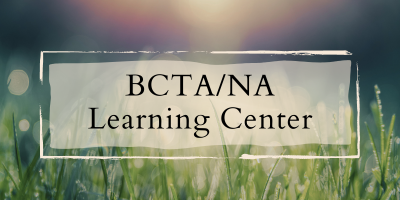- About
- Membership
- Certification
- Education & Events
- Resources
- Find A Practitioner
Criteria for Approving TeachersIn April 2000, the Board of Directors of the Biodynamic Craniosacral Therapy Association of North America (BCTA/NA) approved basic criteria for approving teachers in the Biodynamic method of Craniosacral Therapy. The BCTA/NA Teaching Community continues to refine these criteria as our organization grows and matures. The refined criteria represent a guide for future teachers and serve to facilitate the process through which Teacher Trainees are mentored experienced Approved Teachers. Note: In the craniosacral therapy community, the terms Biodynamic Craniosacral Therapy and Craniosacral Biodynamics are used interchangeably. Biodynamic Craniosacral Therapy is used here. Fundamental PrincipleThe fundamental principle we follow is the Breath of Life and the unfoldment of the creative impulse as a potency both in our individual students and the organization as a whole. The BCTA/NA Teaching Community is dedicated to:
The principle is intended to be met in keeping with the spirit of the teacher approval criteria, while allowing a Teacher Trainee's mentor to create some variation as needed. The Teacher’s understanding of the BCTA/NA Standards for Practitioner Competencies is an integral part of the skills necessary to convey these standards to students. Teaching GoalsTeachers of biodynamic craniosacral therapy maintain a set of goals based on the unity of mind, body, and spirit as experienced in the present moment. These goals are to:
Teaching SkillsThe skills that accompany the teaching goals include, but are not limited to:
Teacher Approval Quick Links: |


